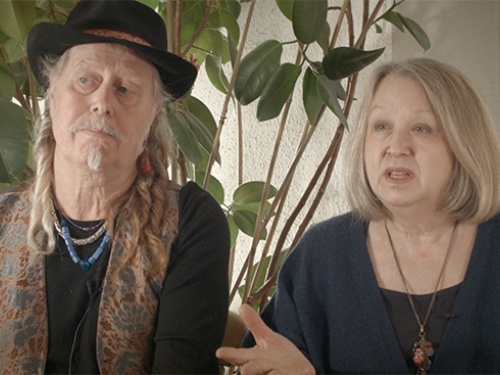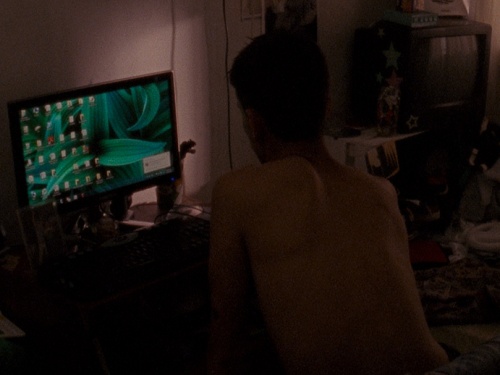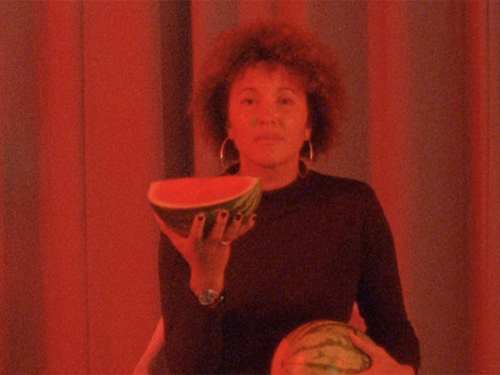Jauja: An Interview with Viggo Mortensen
To coincide with the ICA run of Jauja, Jo Blair spoke to actor and producer Viggo Mortensen about the importance of working collaboratively and how he prepared for his role as a Danish officer in the film.
JB: This isn’t the first film you’ve produced. What draws you to the producer’s role?
VM: The reason is always the same: to do what I do anyway but with a little more legal authority, rather than just being a meddling actor.
I’ve always been interested in the way a movie is made. I’m interested in the way it’s shot, in what people are doing and in trying to support the other actors. I think you are ideally a part of a team telling a story. I like working with directors who have a clear vision, but are also open to a kind of team effort, which is very much the case with Lisandro Alonso. Many of them have a strong personal vision and artistic impulses but are clever and secure enough about themselves as people and artists. They know that a good idea can come from a crew member or an actor. So they are flexible within the framework.
How did you prepare for your acting role in the film, as Captain Gunnar Dinesen?
The foundation is that it is late 19th century and the character I play is a Danish military person. I always feel that especially if you are going to deal with something that is abstract or surreal, if the foundation is very specific and local it is going to have much more chance of being universally understood.
With my character, the more he insists on finding a logical explanation for things that are increasingly difficult to explain or understand, the better the dynamic will be. So, I said: "What is the uniform? What is the life experience of the character?" And then the three of us [Lisandro Alonso, Mortensen and cowriter, Argentinian poet and writer Fabian Casas] really discussed the movie from beginning to end. All those things were a result of constant dialogue and trying to find the best way to do everything.
How did the collaboration work in practical terms?
We basically stuck to the script – exactly how long the shots would be and exactly what the landscape would look like. The only thing that was added is the first scene you see in the movie, and the way that happened shows how Lisandro works. He doesn’t need to say he owns every idea. He is not that kind of director, which I appreciate - he is collaborative.
You are stepping into his world so you accept that. That is how you learn. But, with that scene, the sound man said: "I think you should consider the desperation of the father. We know that he feels affection for his daughter and that he is terrified of the idea that he may never see her again, so that is the reason for the quest. Yes he is a man of his time, formal and severe in some ways, and he also doesn’t know how to deal with his daughter. But we need to see that affection that exists between them."
So then those guys talked to me about it, and I went and talked to the young actress playing my daughter, and her mother. They gave it some tweaks particular to the Danish. Then I talked to Lisandro. He made one little change and we did it all in about the space of an hour. So, everybody was involved. It’s really important - it added some layers. Some things you understand later, on subsequent viewings.
I was interested in what I read about the location by the sea – at La Loberia – at the beginning and end of the film.
It is a special place. I think Lisandro felt that it was a good place to start. When you first see my character he is looking out to sea, north east, which is where he has come from. There is still some connection, some real connection to where this character has come from, before you even hear him speak. You see there is some connection to the real world and his past. Once the movie gets going, you go inland and you become lost and lose your bearings, and you don’t know what is north and south. As it gets cloudy you don’t know where the sun is. So I think gradually you go from the sea, looking in a particular direction, to the end when you don’t know where you are. ■
Jauja is screened at the ICA from 17 April.
This article is posted in: Blog, Film, Interviews
Tagged with: Jauja, Viggo Mortensen, interview, Film, Jo Blair, Lisandro Alonso








